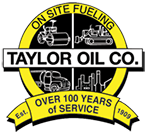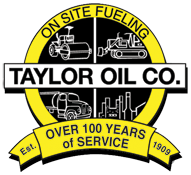Heavy Equipment Motor Oil Misconceptions
Heavy Equipment Motor Oil Misconceptions - There may be a lot of information out there on the best oil selection and maintenance practices for your fleet, but much of that info is untrue. With so many common myths still plaguing the construction industry, we are here to set the record straight, particularly when it comes to heavy-duty diesel engine oils and lubricants. Myth #1: Don’t Switch Oils There’s a belief out there that if you start with one oil you should stick with it no matter what. That’s not true. Some people feel that when changing brands of oil, an increase in oil consumption occurs. However, many things contribute to the increase of oil consumption; switching oil brands halfway through just isn’t one of them. Oil consumption and pressure are affected by many factors, including: Filter condition Contaminant loading Engine component condition Oil contamination levels Incorrect readings of oil pressure or levels That being said, when switching brands, some engine manufacturers say that for a short period of time, there may be a harmless increase in elements such as aluminum, copper, potassium, and lead. Always consult with your engine manufacturer and oil provider to find out more about these temporary [...]


